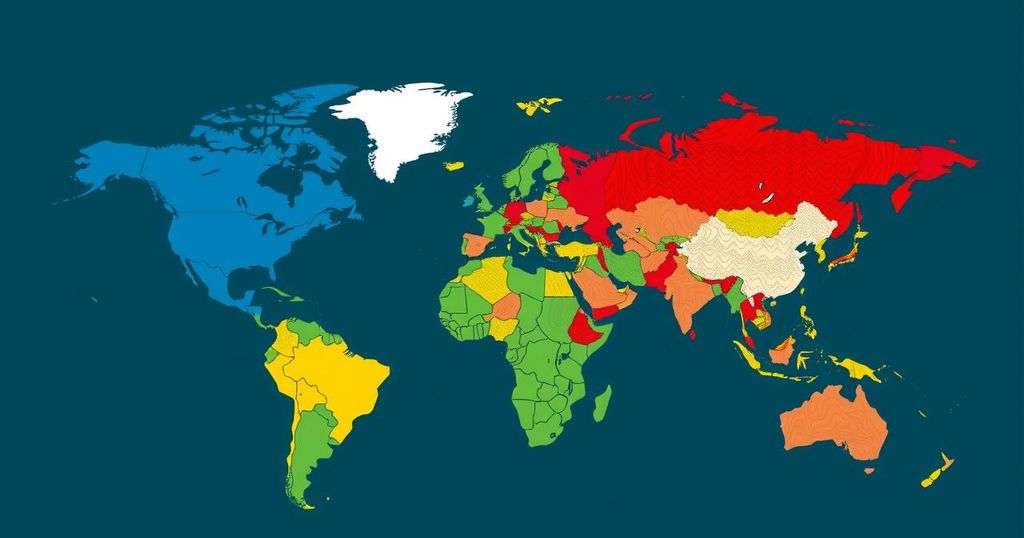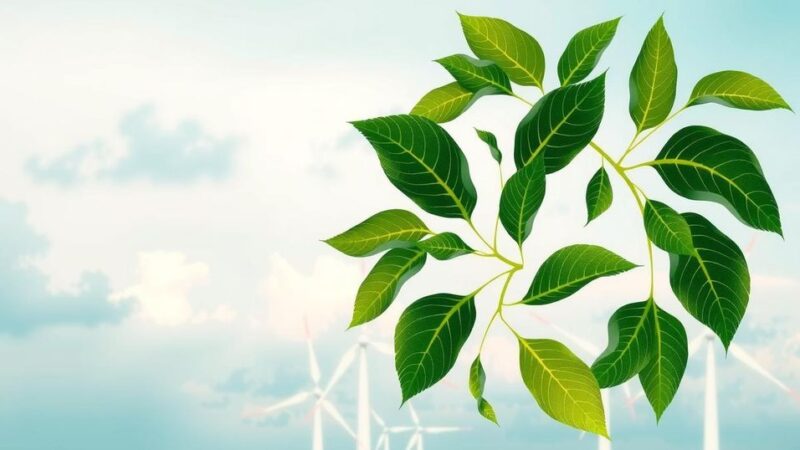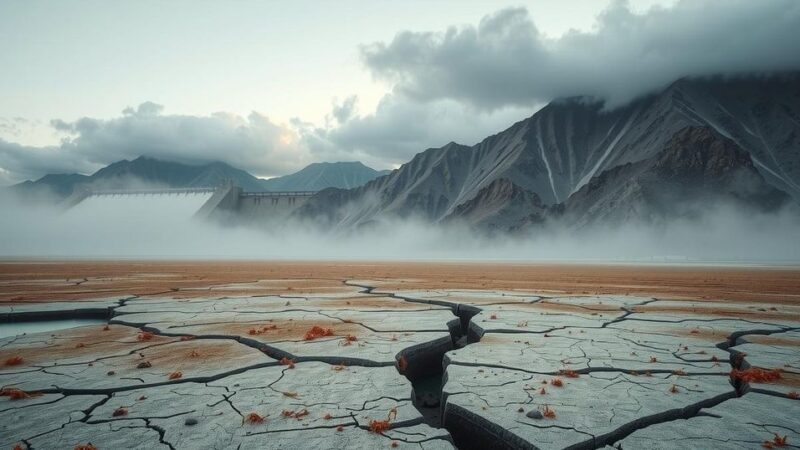Leaders from Commonwealth nations convened in Samoa for the CHOGM summit, addressing crucial topics such as climate change and the demand for reparations for Britain’s role in the transatlantic slave trade. The summit emphasizes the vulnerabilities of small island nations in the face of climate threats, while also highlighting the ongoing need for dialogue regarding historical injustices.
APIA (Reuters) – Leaders from Commonwealth nations gathered in Samoa for an important summit that includes discussions on climate change and reparations for the United Kingdom’s historical role in the transatlantic slave trade. The Commonwealth Heads of Government Meeting (CHOGM) commenced with a welcome banquet on Thursday, highlighting pressing issues faced by its 56 member countries, many of which have connections to Britain’s colonial past. Participating leaders are joined by Britain’s King Charles, and foreign ministers also began a series of discussions on the same day. The summit’s agenda underscores the urgency of climate change, particularly for the numerous small island states within the Commonwealth that are vulnerable to rising sea levels. United Nations Secretary-General Antonio Guterres emphasized that the Pacific Islands are experiencing a rate of ocean temperature increases three times faster than the global average, leaving their populations at significant risk. Australian Foreign Minister Penny Wong remarked on the grave implications of climate change, declaring it the leading national security and economic threat to the Pacific region and other Commonwealth nations. Moreover, African representatives, including those from Zambia, articulated concerns regarding climate-induced food security challenges. During the summit, King Charles is expected to learn about the challenges posed by climate change, including how rising sea levels are forcing residents inland. A collective declaration regarding ocean protection is anticipated from island leaders, reaffirming climate change as a critical topic. In addition to climate matters, the summit’s agenda features the contentious issue of reparations for transatlantic slavery. Although British Prime Minister Keir Starmer stated that the UK would not formally discuss reparations at this gathering, he expressed a willingness to engage with interested leaders. The Caribbean Community (CARICOM) has initiated a commission to seek reparations from former colonial nations, including the UK, France, and Portugal. The debate around reparations remains divisive, with opponents arguing against holding modern nations accountable for historical injustices, while advocates assert that the brutal legacy of slavery contributes to ongoing racial inequalities. An insider from CARICOM indicated that CHOGM represents a vital opportunity to initiate discussions on reparations, emphasizing the importance of dialogue regarding historical grievances. Kingsley Abbott, director of the University of London’s Institute of Commonwealth Studies, underscored the necessity for open dialogue whenever those impacted by past atrocities express a desire for discussions. It is worth noting that between the 15th and 19th centuries, over 12 million Africans were forcibly taken and sold into slavery, suffering immense hardships primarily on plantations in the Americas, particularly in Brazil and the Caribbean.
The Commonwealth Heads of Government Meeting (CHOGM) serves as a platform for leaders from 56 countries, many of which were part of Britain’s vast empire, to address various pressing global issues. This year, the summit is taking place in Samoa, where climate change and historical accountability through reparations for slavery have been identified as crucial topics. The vulnerability of small island nations to the impacts of climate change, alongside the need for reparations linked to Britain’s role in the slave trade, illustrates the complex legacy of colonization and its lasting effects on present-day socio-economic conditions.
In summary, the Commonwealth Heads of Government Meeting in Samoa provides a significant venue for leaders to engage on critical issues such as climate change and the call for reparations stemming from transatlantic slavery. While climate change poses a dire threat to low-lying island nations, the topic of reparations highlights ongoing discussions about historical injustices and their contemporary ramifications. Collectively, this summit reflects an urgent need for dialogue, cooperation, and action among Commonwealth nations.
Original Source: www.swissinfo.ch






